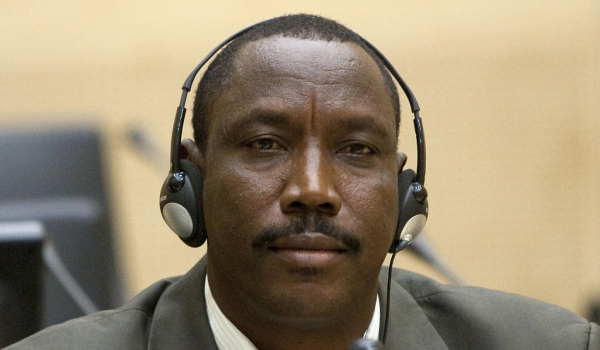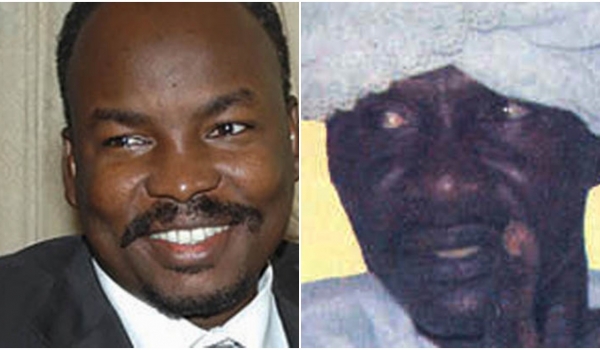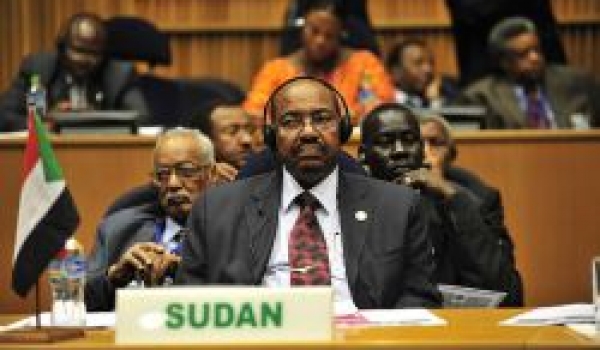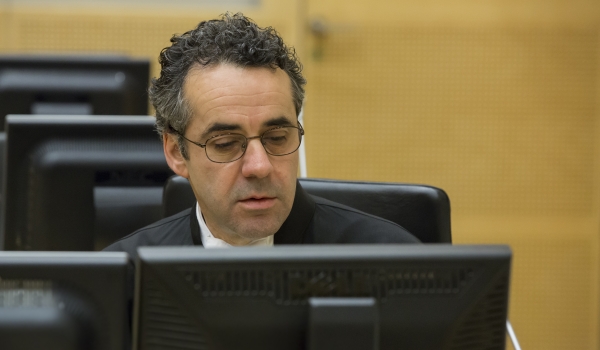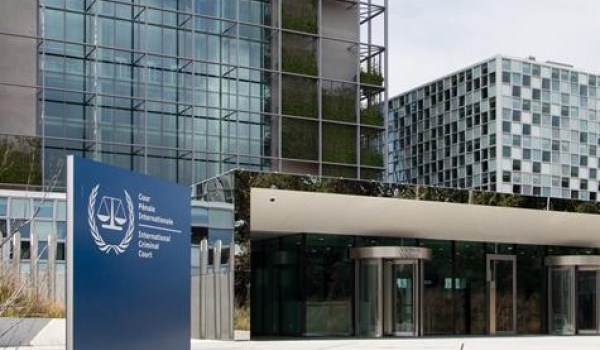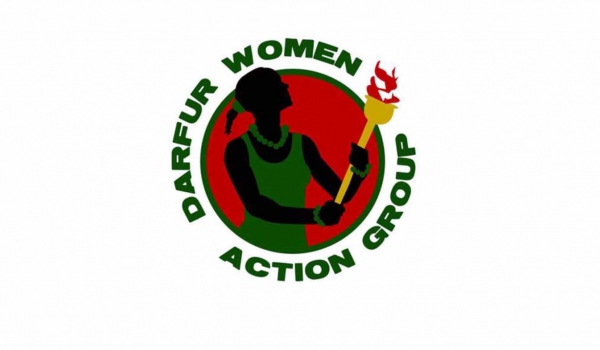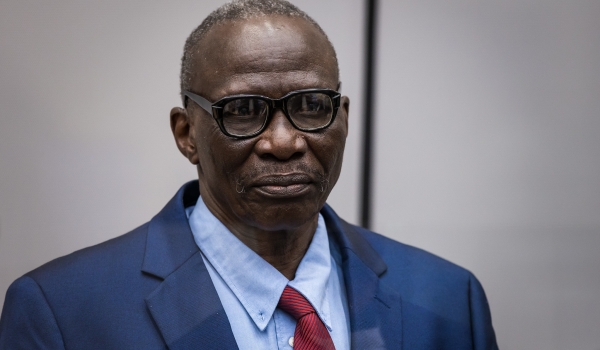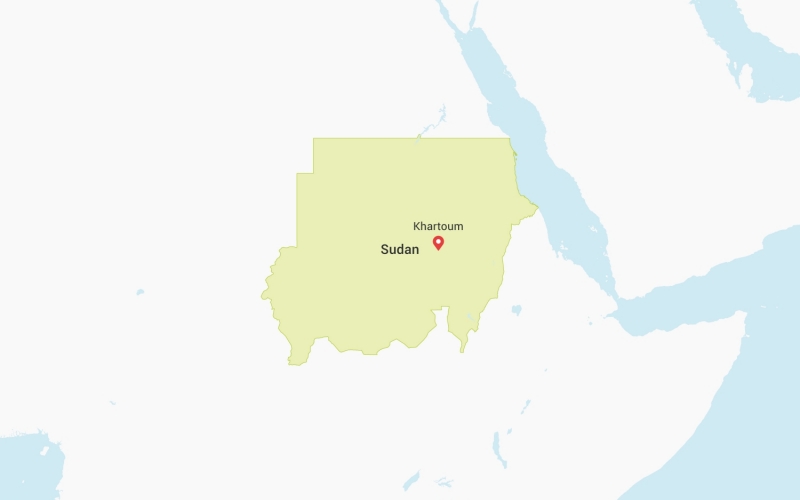
al-Bashir is charged with five counts of crimes against humanity, two counts of war crimes and three counts of genocide allegedly committed against the Fur, Masalit and Zaghawa ethnic groups in Darfur, Sudan, from 2003 to 2008. Al Bashir was ousted from power on 11 April 2019, and reportedly transferred to the Kober prison in Khartoum, on 17 April 2019. He faces domestic charges for money laundering, financing terrorism and the killing of demonstrators during the anti-government protests prior to his arrest. According to Sudanese and international media, two of the other ICC warrants Ahmad Muhammad Harun (“Mr Harun”) and Abdel Raheem Muhammad Hussein (“Mr Hussein”) were also arrested on 11 April 2019. Despite potential domestic prosecutions, all of the ICC arrest warrants remain in force. Civil society calls on the Sudanese authorities to surrender the suspects to the ICC to face charges of genocide, war crimes and crimes against humanity. Non-cooperation has prevented the ICC from executing arrest warrants for senior figures in the Sudanese government, including former Sudanese President Omar al-Bashir, who has sought to undermine the Court through the African Union. The UN Security Council has also consistently failed to provide the necessary support for the ICC investigation and has failed to take action on findings of non-compliance by ICC judges. Omar Al Bashir was ousted from power on 11 April 2019 and is currently detained in Khartoum. Civil society calls on the Sudanese authorities to surrender him to the ICC to face charges of genocide, war crimes and crimes against humanity allegedly committed in Darfur, Sudan. On May 6, 2019 the ICC ruled that Jordan failed to meet its international legal obligations to arrest the then-President Omar al-Bashir during a 2017 visit to Jordan. The ruling confirmed that there is no Head of State immunity when the Court requests that a State Party to the Rome Statute arrests and surrenders the Head of State of another State Party. Until now, the UN Security Council has consistently failed to provide the necessary support for the ICC investigation and has failed to take action on findings of non-compliance by ICC judges. Omar Al Bashir was ousted from power on 11 April 2019 and is currently detained in Khartoum. Civil society calls on the Sudanese authorities to surrender him to the ICC to face charges of genocide, war crimes and crimes against humanity allegedly committed in Darfur.

